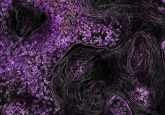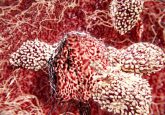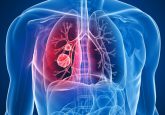Helicobacter pylori virulence factors in development of gastric carcinoma

Helicobacter pylori plays a vital role in the pathogenesis of gastric carcinoma. However, only a relatively small proportion of individuals infected with H. pylori develop gastric carcinoma. Differences in the incidence of gastric carcinoma among infected individuals can be explained, at least partly, by the different genotypes of H. pylori virulence factors. Thus far, many virulence factors of H. pylori, such as Cag PAI, VacA, OMPs and DupA, have been reported to be involved in the development of gastric cancer. The risk of developing gastric cancer during H. pylori infection is affected by specific host–microbe interactions that are independent of H. pylori virulence factors. In this review, we discuss virulence factors of H. pylori and their role in the development of gastric carcinoma that will provide further understanding of the biological interactions of H. pylori with the host.
Click here to view the full article in Future Microbiology.





